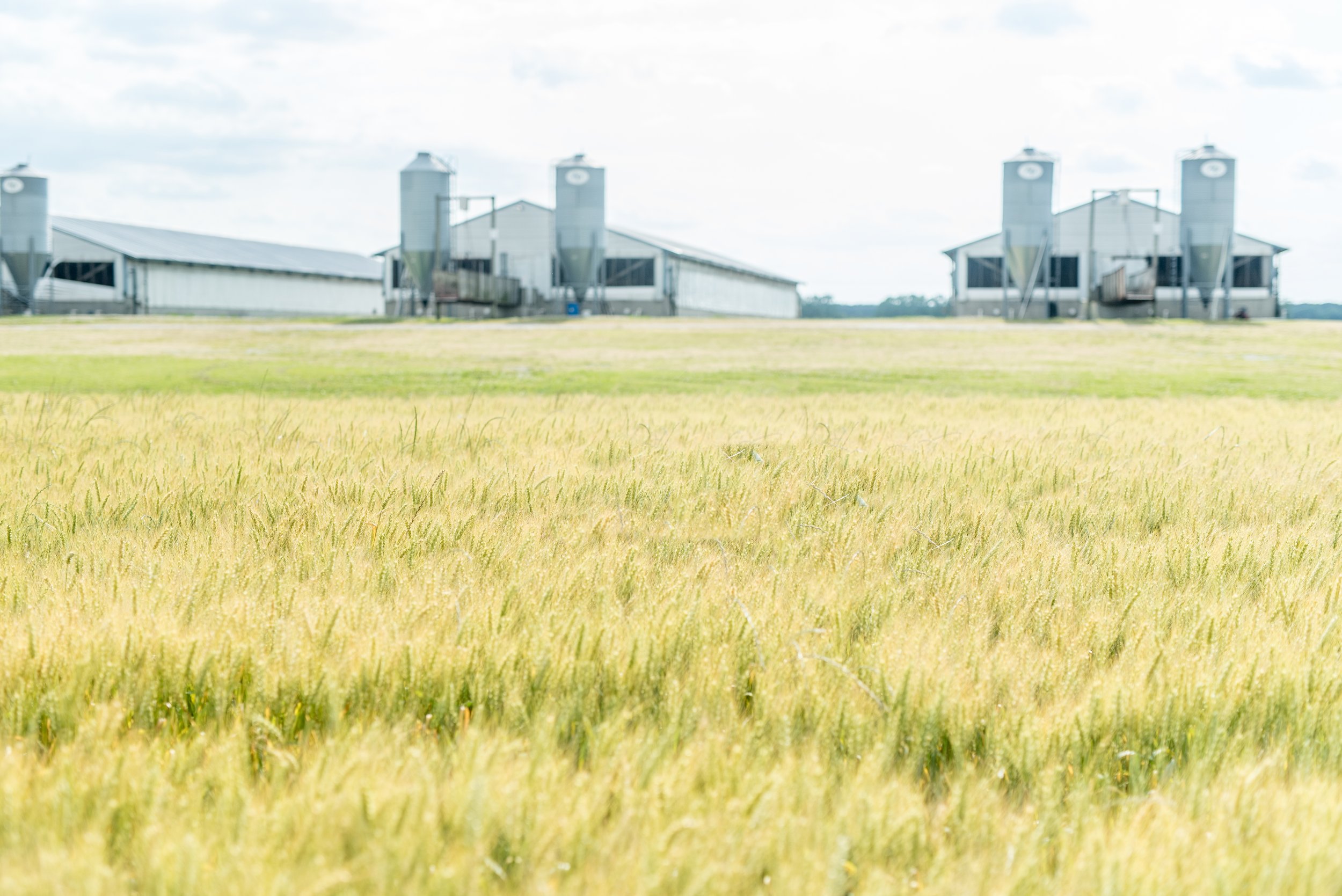It was three years ago this month when the nuisance lawsuits against Smithfield and Murphy-Brown were settled. It came on the same day that an appeals court upheld the questionable rulings of a biased judge and the exorbitant awards of a Wake County jury located far away from North Carolina hog farms.
A lot has changed since then, and a lot has remained the same. Here are some of the highlights:
What’s Changed
The NC General Assembly has passed legislation that preserves and protects the Right to Farm. This includes updates to the Farm Act that clarify who can sue farms for nuisance (neighbors who live within a half-mile of the farm); when they can sue (within one year of any substantial changes to farm operations); and how much they can recover (no more than the fair market value of their property). The legislation also states that punitive damages cannot be awarded if a farm has not violated their permit within the past three years. Challenges to these laws were rejected by the NC Supreme Court.
A trial lawyer at the heart of the Smithfield litigation is currently running for the Republican nomination for Governor of North Carolina. Bill Graham is a partner at Wallace & Graham, the Salisbury law firm that spearheaded the Smithfield lawsuits and originally filed lawsuits against individual family farmers in North Carolina. “This is not just a case. This is a cause,” Graham said of the lawsuits, which sought no changes to our farms — only money.
An increasing number of North Carolina hog farms are now covering lagoons to capture methane emissions and generate renewable natural gas. The lagoon covers reduce greenhouse gas emissions, reduce odors, and minimize the potential for flooding. Predictably, activist groups who frequently complain about odors and flooding are staunchly opposed to these biogas projects.
What Hasn’t Changed
Attacks against the pork industry haven’t stopped. The Southern Environmental Law Center (SELC) and the Duplin County chapter of the N.C. NAACP filed a Title VI complaint with the U.S. Environmental Protection Agency in 2021, alleging that DEQ is violating the civil rights of minorities in Duplin and Sampson counties by issuing biogas permits on hog farms. (Activist groups filed a similar complaint in 2014 regarding the issuance of hog farm permits. That complaint was settled in 2018 with no finding of discrimination.)
The Attacks Continue, Part II: Activist groups continue to spread false and misleading information about NC hog farms, including studies designed to raise health concerns. One example — a “study” by a Duke University professor that alleges residents who live near NC hog farms have elevated risks of disease and death. Despite the lack of any evidence that ties health claims to hog farms — even the study’s authors acknowledge that there’s no causation or correlation — the media continues to reference flawed studies like this.
The Attacks Continue, Part III: NC hog farms were at the center of another lawsuit against Smithfield Foods. This suit alleged that animal waste and associated odors and dust from a Duplin County farm traveled beyond the property line and were “trespassing” on the neighbors’ property. The creative attempt to get around the restrictions on nuisance lawsuits was dismissed in September 2023.
We know that those who are opposed to animal agriculture will continue to attack our hog farms. But, rest assured, one thing that won’t change is that NC Farm Families will stand up and speak out for our farm families. We’ll continue to sound the alarm about the legal and political threats facing our industry and work to educate residents about the positive steps being taken on our farms.








